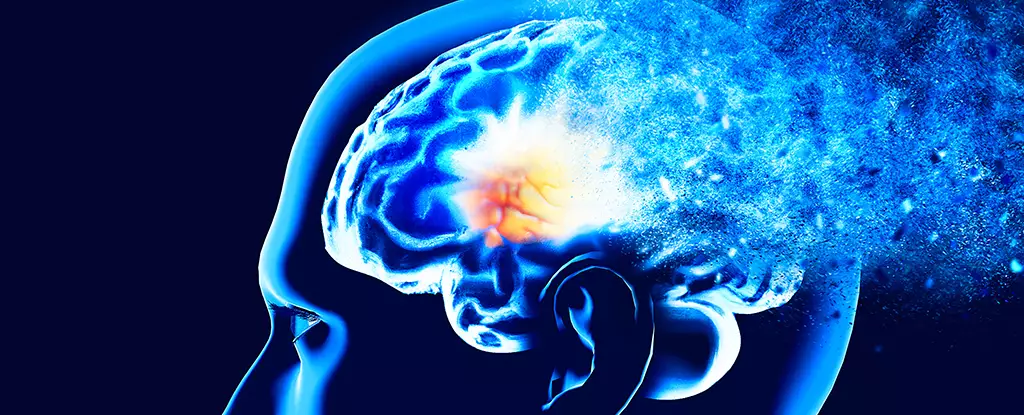Young-onset dementia (YOD) is a condition that starkly shatters lives, yet remains obscured in the shadows of public awareness. While the majority of dementia cases are diagnosed in older adults, the emergence of YOD highlights a disturbing reality: hundreds of thousands of individuals under the age of 65 grapple with this debilitating condition each year. A groundbreaking study published in 2023 unveils the multifaceted nature of YOD, drawing attention to lifestyle factors rarely discussed in popular discourse. It’s alarming how easily the conversation about dementia can fall into the trap of genetic determinism, neglecting a robust array of modifiable risk factors that could empower individuals facing this grim diagnosis.
The Crucial Study and Its Findings
The 2023 study led by epidemiologist David Llewellyn from the University of Exeter is being touted as a landmark analysis, examining data from over 356,000 people in the UK. Unlike earlier studies that narrowed their focus to genetic predispositions, this extensive research delves into 15 key lifestyle and health factors linked to YOD, ranging from socioeconomic status to social isolation and even vitamin D deficiency. The implications of these findings are profound—suggesting that rather than being an immutable fate, the onset of dementia might be influenced by our choices and environments.
It’s particularly sobering to note that factors such as low socioeconomic status and social isolation are prevalent in our aging society. They do not merely correlate to lower cognitive health; they are indicative of systemic issues that need immediate address. It’s a wake-up call—an urgent reminder that society must engage in making healthy living conditions accessible for all, especially the vulnerable populations.
Manipulating Myths: The Role of Alcohol
One of the more contentious aspects of the study revolved around alcohol consumption. The researchers characterized the relationship between alcohol and YOD as “complex,” indicating that while alcohol abuse is undeniably harmful, moderate drinking might offer some protective benefits. This revelation could easily mislead individuals into believing that moderate drinking is a panacea for dementia risk. There is an important distinction to be made: while some moderate drinkers may indeed maintain better general health, attributing dementia prevention to alcohol consumption lacks a nuanced understanding of the broader context of health behaviors.
As a society, our relationship with alcohol is riddled with contradictions and cultural norms that often encourage excessive consumption. This finding underscores a greater need for clarity and responsible discourse regarding lifestyle choices. Should this complexity absolve us of accountability? Absolutely not.
The Broader Implications for Mental Health
Interestingly, mental health factors such as chronic stress, loneliness, and depression are paramount in the landscape of YOD risks. The connection between mental health and cognitive decline is one we can no longer ignore. As suffocating social expectations and economic pressures fuel mental health crises, it becomes essential to address mental wellness in tandem with physical health—to build a holistic framework that protects against YOD.
The research brings hope; many risk factors remain modifiable, opening a pathway for preventive measures that could help reduce the incidence of dementia. Yet, this flicker of optimism demands more than passive acknowledgment—it requires active engagement from society at large. From improving educational opportunities to mental health services, each step taken can steer us towards a brighter future for those at risk.
The revelations from this critical study serve as a rallying cry for action and awareness. Young-onset dementia must not be resigned to a narrative defined solely by genetics and inevitability. Instead, it propels a conversation about the choices we make and the environments we cultivate. Our health, both mental and physical, is intertwined with myriad factors within our reach, urging us all to adopt healthier lifestyles. We have the power—and perhaps, the responsibility—to profoundly alter the trajectory of dementia not merely for ourselves but for the generations that follow. It’s time to foster a society that values cognitive health as fervently as physical health, radically shifting perceptions about who is at risk and what we can do to protect our collective future from this devastating condition.


Leave a Reply